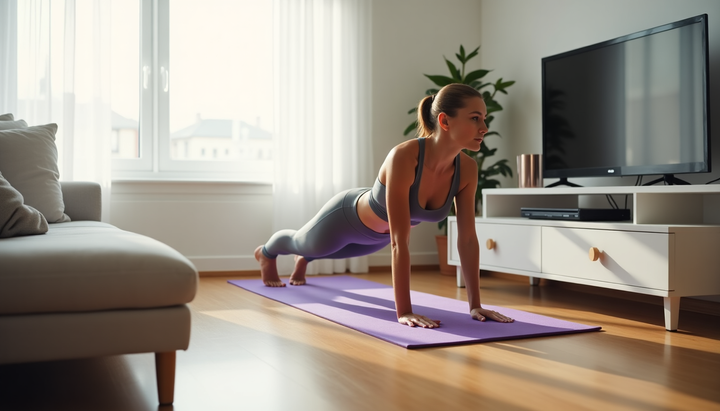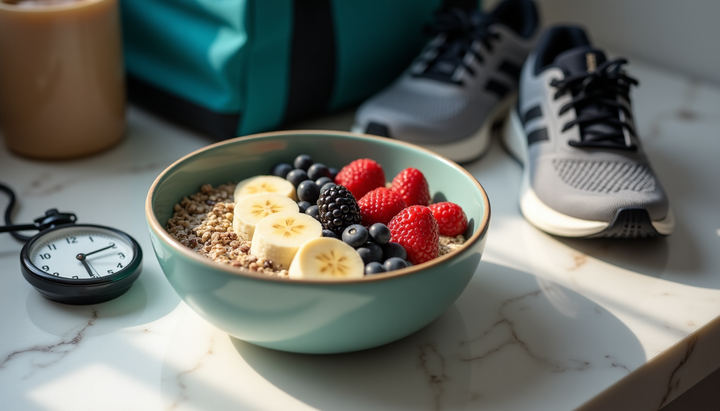Debug Your Workout: A Geek's Guide to Building Your Exercise Library 🤓💪

Debug Your Workout: A Geek's Guide to Building Your Exercise Library 🤓💪
Hey fellow fitness nerds! 👋
You know that feeling when your code is stuck in an infinite loop? That's exactly what your workout routine might be doing rn. Same exercises, same order, same yawn results. Time to debug this fitness bug!
The Stack Overflow of Exercise Selection
Here's the thing - most people approach exercise selection like a badly written algorithm. They:
- Google "best exercises for [insert body part]"
- Copy-paste the first routine they find
- Run the same program forever
- Wonder why they're not getting optimal output
Sound familiar? Yeah, I've been there too! 😅
Building Your Personal Exercise API
Instead of that random approach, let's think of exercises as API endpoints. Each exercise is a function that returns specific results (gains 💪). Here's how to build your library:
1. Initialize Your Base Functions
exercises = {
'push': ['pushups', 'bench press', 'shoulder press'],
'pull': ['pullups', 'rows', 'deadlifts'],
'legs': ['squats', 'lunges', 'calf raises'],
'core': ['planks', 'crunches', 'leg raises']
}
2. Set Your Parameters
- Difficulty level (n00b to 1337)
- Available equipment
- Time constraints
- Recovery status
3. Implement Error Handling
Not every exercise will work for everyone (that's why copy-paste routines fail). You need to:
- Test each movement pattern
- Monitor form
- Track performance
- Debug when necessary
Debugging Your Workout
Here's where it gets fun! Instead of mindlessly following an A-Z list, treat your workout like a development environment:
- Testing Phase
- Try new exercises in controlled sets
- Document form cues
- Note which movements feel natural
- Performance Monitoring
- Track key metrics
- Look for patterns
- Identify bottlenecks
- Optimization
- Remove redundant movements
- Scale difficulty as needed
- Implement progressive overload
The Interactive Exercise Library 2.0
Now, instead of just scrolling through an A-Z list, ask yourself these questions for each exercise:
function evaluateExercise(exercise) {
return {
canIDoThissafely: true/false,
doIEnjoyIt: true/false,
doesItServeMyGoals: true/false,
howToProgress: ['regression', 'baseline', 'progression']
}
}
Implementation Guide
Ready to refactor your routine? Here's your action plan:
- Audit Your Current Routine
- What's working?
- What's causing errors?
- Where are the gaps?
- Build Your Exercise Database
- Start with basics
- Add variations
- Include progression paths
- Test and Iterate
- Try new combinations
- Get feedback (from your body and/or trainer)
- Optimize based on results
Push to Production
Remember, fitness isn't about running someone else's program - it's about building and maintaining your own. Your body is the ultimate production environment, and every workout is a new deployment.
Ready to debug your fitness routine? Drop a comment below with your biggest workout "bug" and let's crowdsource some solutions! 🐛➡️🦋
P.S. If you enjoyed this nerdy take on fitness, smash that follow button! More fitness debugging guides coming soon! 🚀
Error 404: Excuses not found 😉
#FitnessNerd #WorkoutOptimization #DebugYourFitness #TechFitness #WorkoutProgramming



